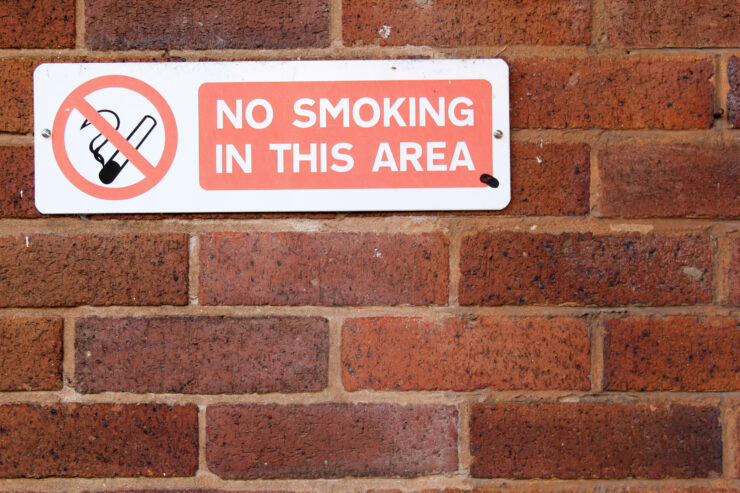“not about strik[ing] right now, it’s about putting pressure on the employer saying ‘Hey. We’re serious about this, we are ready to go all in.’”
Following over four months of negotiations between the University of Ottawa and the Association of Professors of the University of Ottawa (APUO), the union has announced that a strike vote will be held on Nov. 12 amongst members if the two parties are unable to agree on terms during the conciliation meetings held next week.
The APUO represents over 1300 members, composed of: full time professors, librarians, language teachers, and continuing special appointments, all of whom are employed by the University of Ottawa.
Dimitri Karmis, president of APUO and professor of political studies at the U of O, announced the possible strike vote during an organized protest by the APUO on Tabaret Lawn in front of a crowd of over 200 on Wednesday around noon. Organizers circulated a sign up sheet for personal email addresses, a precautionary measure to keep APUO members in touch in case the administration locks out employee emails.
Since the expiration of their previous collective bargaining agreement on April 30, the APUO have presented five demands to the university. Found on their website, these demands address: problems regarding professor’s workload, the protection of both research and quality of education, the inclusion of the union within crucial decisions administratively made at the university, as well as improvement of member’s equity, and competitive benefits available to members.
During the protest, speeches mostly centered around the APUO’s need to solve the current workload problem and their demands for adequate resources from the university. Smaller staff to student ratios and more teaching assistants were two examples cited.
University of Ottawa librarian, Jennifer Dekker, was one of the speakers. “We’re tired of seeing the quality of education slip … not having sufficient staff” said Dekker. “Most of all, we’re tired of not being listened to; librarians are scholars, educators, and we are experts at what we do.”
Dalie Giroux, APUO chief negotiator and professor of political studies at the U of O, presented that “the [current] corporate style of governance widely departs from collegial governance and academic freedom” as “tens of millions of dollars that are supposed to be dedicated to the university mission are spent on: glass and concrete, contracts with external consultant firms, online platforms, and on new fancy management positions in the central administration.”
Following Giroux, Karmis announced to the crowd, “you won’t be surprised, things are not going well at the negotiation table, so it’s time to intensify the pressure … I am announcing that on November 12th there will be a strike vote meeting.”
Karmis noted that the vote would only be the APUO’s second strike vote in the union’s history — which dates back to 1976. Karmis, who has served as president since the beginning of 2023-24, also recalled the successful 2013 strike vote when 82 per cent of members voted to strike. That mandate led to a deal being reached within the week.
Karmis finished with “following [next week’s conciliation meeting], perhaps the employer will listen, and if not, we’ll do more. We will win and we will win for the University of Ottawa.”
Giroux told the Fulcrum that the earliest strike day would be Nov. 22, but that today’s protest was “not about strik[ing] right now, it’s about putting pressure on the employer, saying, ‘hey, we’re serious about this, we are ready to go all in.’”
Following the speeches from union members, representatives of both U of O student unions (UOSU and GSAED),and CUPE-2626 (Union of Student Workers at the University of Ottawa) presented speeches in solidarity with APUO during the hour-long demonstration.
University of Ottawa spokesperson, Jesse Robichaud, told the Fulcrum “[t]wo conciliation sessions are scheduled for Nov. 5 and 6. We are optimistic that the parties can reach a settlement through mediation and/or conciliation.”






